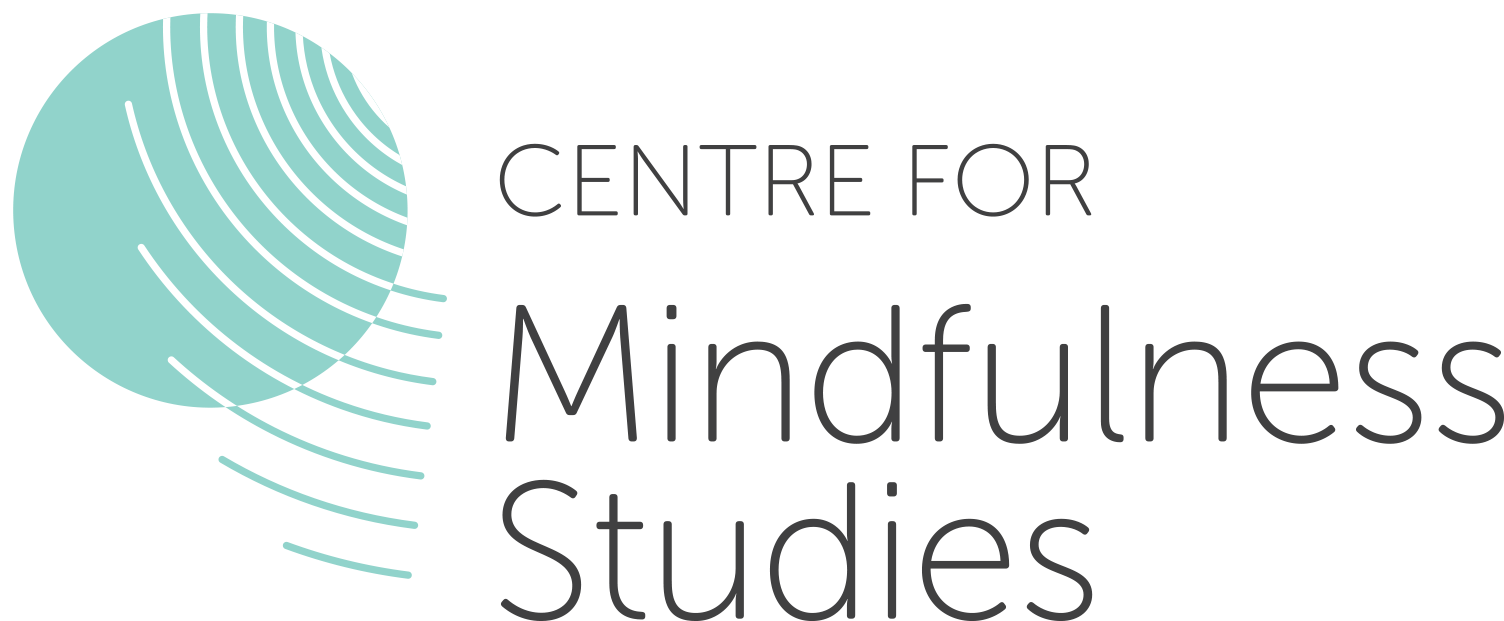Templeton Grant in the Philippines
A mindfulness-based program to advance compassion and its related virtues in young Filipino adults
In 2019, the Centre for Mindfulness Studies in collaboration with Friendly Care Clinic won a grant from Templeton World Charity Foundation to develop a mindfulness-based program in the Philippines for young adults.
Filipino virtues fuse a variety of historical and cultural traditions, including an ancient animist tradition with colonial influences from Spain (Catholicism) and the United States (freedom, justice, individualism). At their core, however, is the unique way reciprocal giving builds and sustains relationships. A keen sensitivity to others’ needs (pakikiramdam, or “empathy”) sparks acts of generosity (kagandahang-loob, literally “inner beauty”) and a recognized obligation to respond at some future point (utang na loob). This process takes place in a repeating cycle that binds people closer together in pakikipagkapwa (“comradeship” or “shared identity”). Despite its cultural and historic importance, this dynamic cycle faces threats from several forces in modern life.
The project will test the hypothesis that a culturally sensitive, mindfulness-based intervention can build higher levels of generosity, compassion, shared identity, and empathy in college-age Filipinos. The team will model the intervention on a Mindfulness-Based Cognitive Therapy (MBCT) training program, which has broad acceptance in the Philippines and an established evidence base for enhancing resilience. The first phase of the project will focus on the design and pilot testing of the intervention. Afterwards, the team will conduct a pre-post trial, teaching the approach to 180 young adults from two socioeconomic groups.
By using mindfulness to cultivate a deeper understanding of self and a closer identification with one’s kapwa (“fellow human beings”), this project seeks to keep traditional Filipino virtues alive among youth and to equip them with a roadmap for navigating the challenges of modern life in the Philippines.
Read more on the Templeton website.
This project has been made possible by:
If you wish to support the Centre’s work, please donate here.

